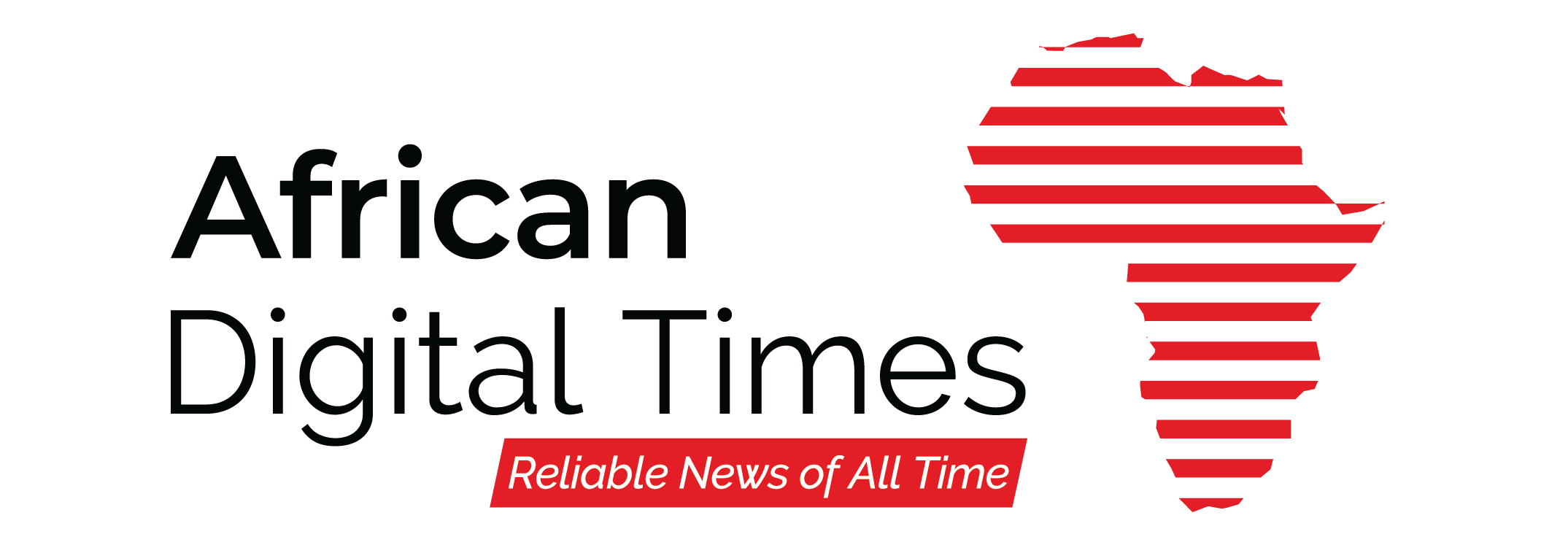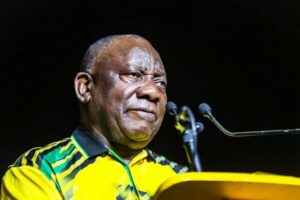The South African Electoral Commission (IEC) has reported a dramatic increase of 1.2 million names in voter registration over the weekends of November 2023 and February 2024. Although this increase is justified commendation though represents an increase of only 4.2% from the recorded figures for the 2021 Local Government Elections (LGE). The number of registered names now stands at 27.4 million against 26.2 million three years ago.
Observers now wonder if the modest increase signals a tightening of participatory democracy in the country. The real implications are likely to be revealed only in the upcoming elections, which are scheduled to take place sometime between May and August this year. Not only increasing voter rolls, but also analyzing how many people actually vote on election day will be important.
The increase in registered voters can be explained in several ways. On the one hand it indicates a growing desire among citizens to actively participate in the democratic process, indicating a desire for change or the right to express their political will and on the other hand it can indicate a degree of satisfaction with of the present government.
Ultimately, the significance of this increase will be determined by the level of public participation that will be revealed in the upcoming elections. While electoral roll size is a positive indicator, its impact depends on the willingness of citizens to exercise their right to vote and shape the future direction of the country. As South Africa gears up for a new election cycle, turnout will be publicly watched, providing insight into the country’s democratic health and the expansion of citizen participation in governance.




